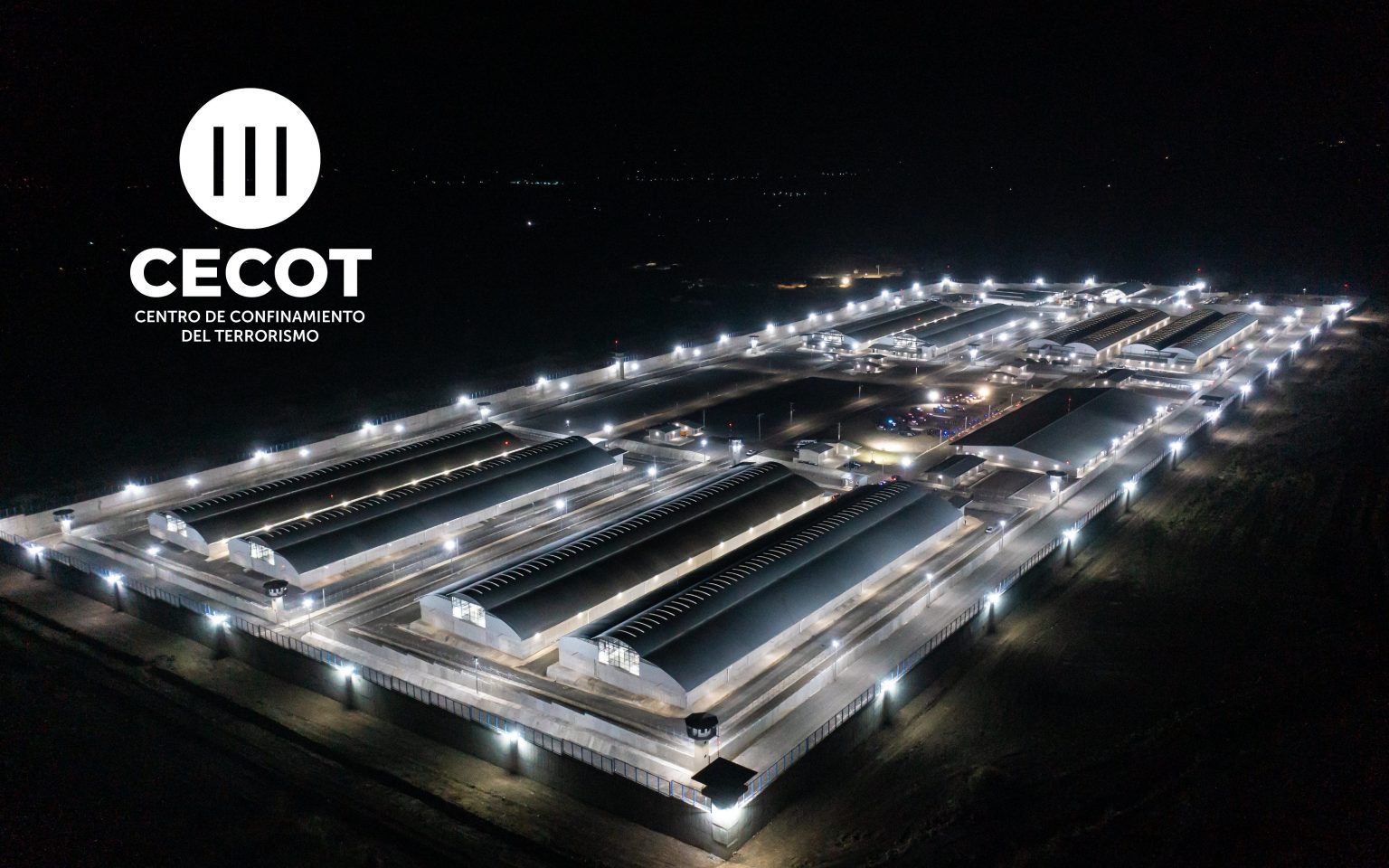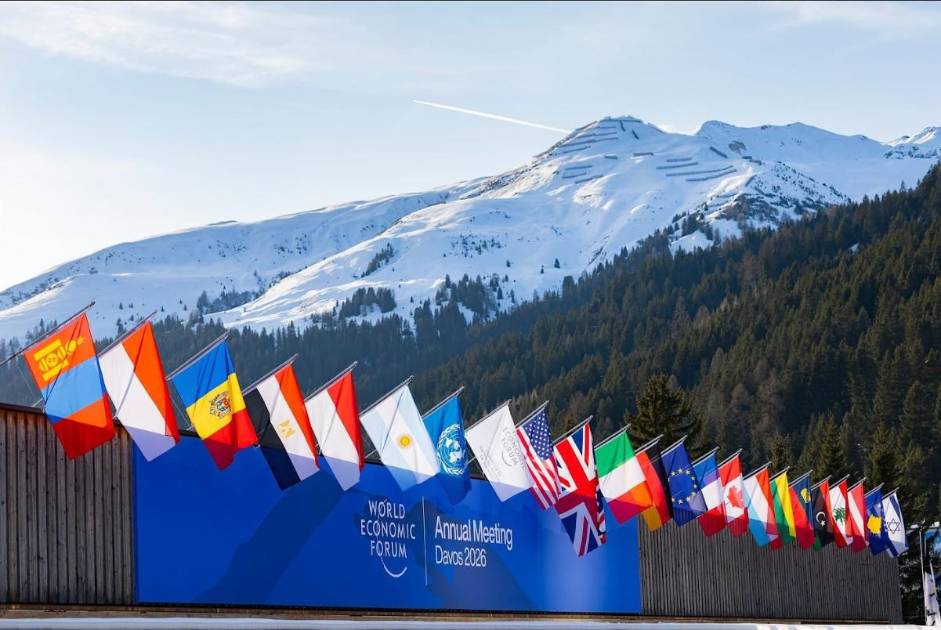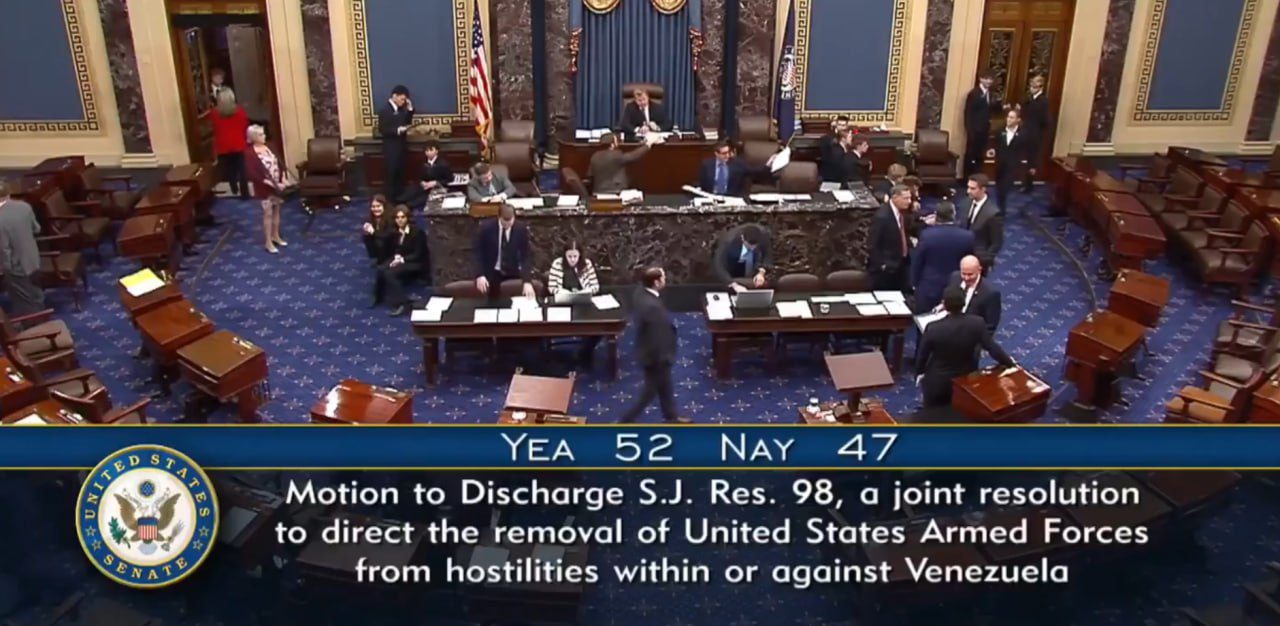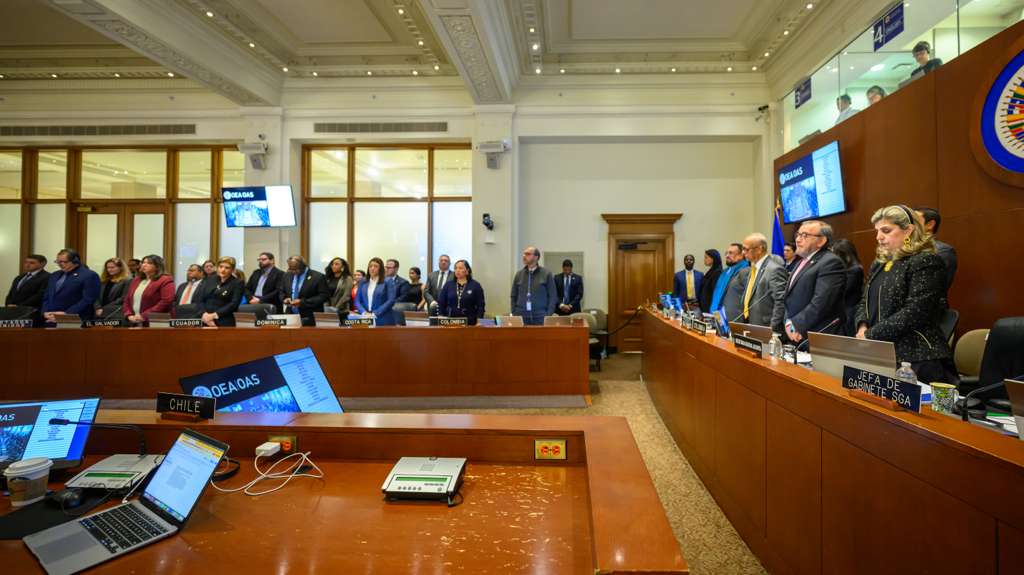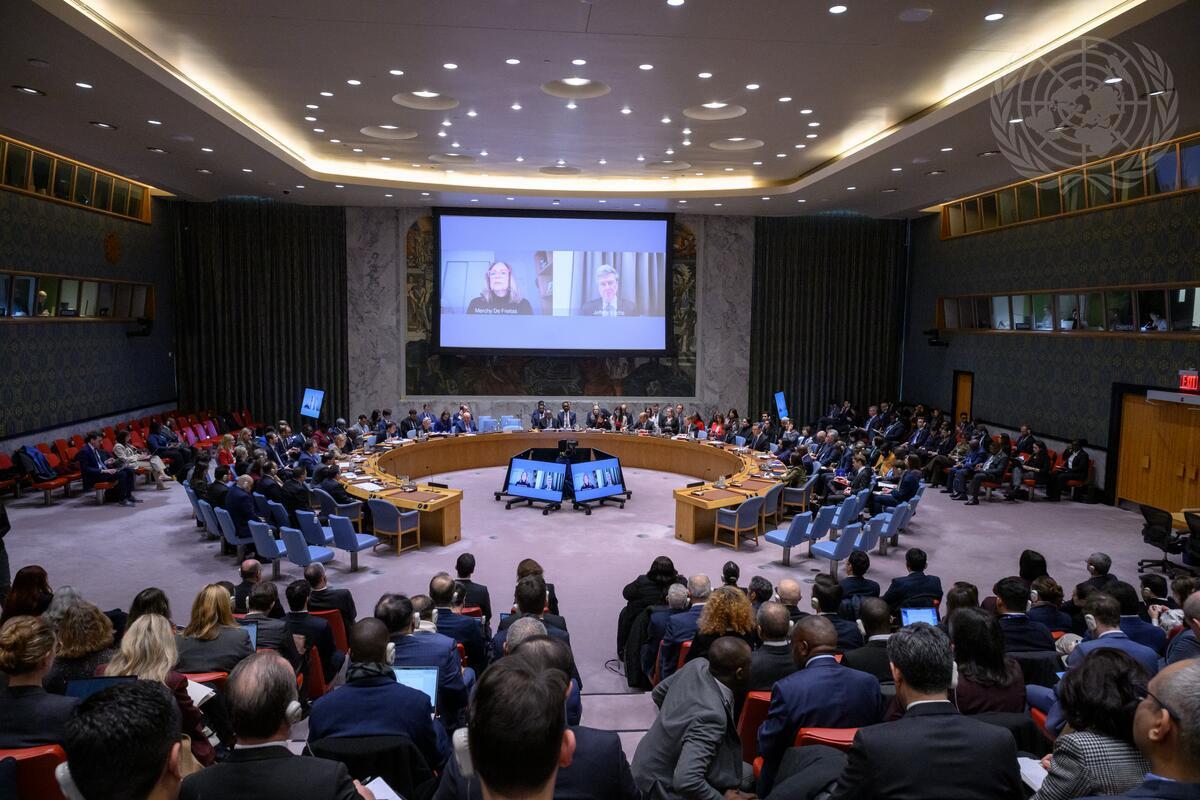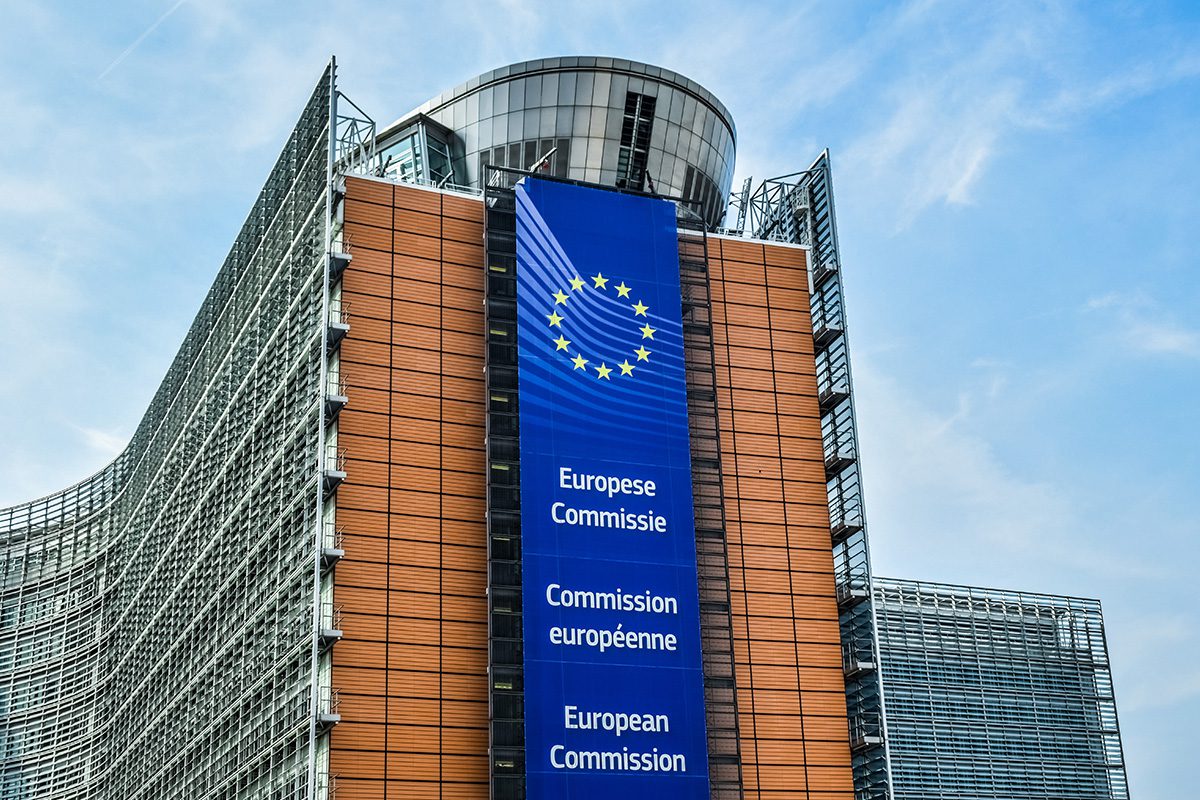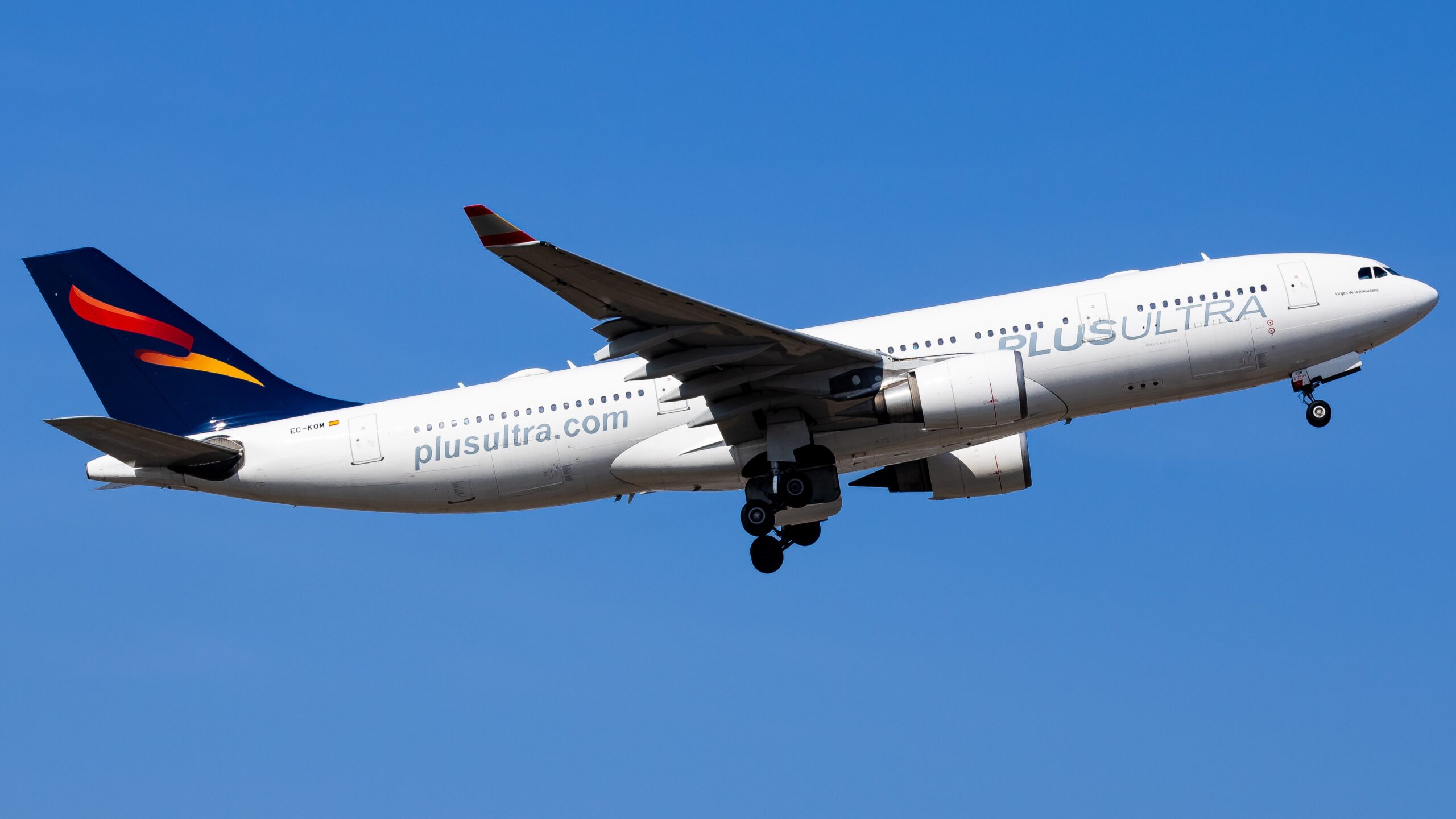Guacamaya, November 12, 2025. A joint report by Human Rights Watch (HRW) and the salvadoran organization Cristosal denounces that 252 Venezuelan migrants deported by the United States between March and April 2025 were held in inhumane conditions in the Center for Confinement of Terrorism (CECOT), the megaprison built by the government of Nayib Bukele.
Researchers documented beatings,torture, sexual violence, and forced disappearances, and maintain that both the United States and El Salvador violated international human rights law.
“They told us we had arrived in hell”
Gonzalo, one of the deported Venezuelans, said that when the plane landed in El Salvador, agents forced the migrants to kneel with their heads down. When he explained that he had a spinal problem and couldn’t maintain that position, an agent hit him on the back of the neck with a baton.
“When we arrived at CECOT,they made us kneel to shave our heads,” he recounted. “One of the officers hit my legs and I fell to my knees on the ground. The director told us: ‘You have arrived in hell’.”
According to the report, the venezuelans were held incommunicado for almost four months, until July 18, when they were sent to Venezuela as part of a prisoner exchange between the two governments. During their stay, they suffered systematic mistreatment, including daily beatings, food deprivation, lack of access to medicine, hygiene, and drinking water, as well as punishments in isolation cells known as “the Island.”
Investigations and findings
Human Rights Watch and Cristosal interviewed 40 former CECOT detainees and 150 additional people with knowledge of their cases, including relatives, lawyers, and forensic experts. They reviewed photographs of injuries, judicial documents, and prison records from both the United States and El Salvador.
The study reveals that salvadoran authorities accused most of the deportees without evidence of belonging to the Tren de Aragua, a Venezuelan criminal organization designated by Washington as a foreign terrorist group. However, a review of backgrounds conducted by both organizations showed that many had no convictions or pending charges in any country.
It is worth remembering that the designation of this group as terrorist was developed in part thanks to significant lobbying by the team of María Corina Machado, leader of a sector of the Venezuelan opposition, who positioned and supplied allegedly false information, according to a report published by the Reuters agency, which those involved have refused to answer to date.
The report concludes that the 252 Venezuelans were victims of arbitrary detention and forced disappearance, practices prohibited by international law.
Furthermore,the abuses suffered in CECOT constitute acts of torture, according to the standards of the UN Convention against Torture.
Beatings, isolation, and sexual violence
The testimonies gathered by HRW and Cristosal describe systematic human rights violations. The detainees stated that they were beaten almost every day by guards and riot forces, often for absurd reasons: speaking loudly, asking for medical attention, or showering outside the established schedule.
One of the survivors said that after a visit by the International Committee of the Red Cross (ICRC) in May, he was taken to a punishment cell:
“They hit me with a baton until my nose started bleeding. When I tried to breathe, I choked on my own blood. My companions shouted that they were killing us, and the guards responded that they only wanted to make us suffer.”
Three of the interviewe reported having been victims of sexual violence. One recounted that four guards assaulted him and forced him to perform oral sex. “They played with their batons on my body,” he said. According to the report, more victims may have suffered similar abuses, but stigma and fear prevent them from reporting it.
Violations of international law
HRW and Cristosal maintain that both El Salvador and the United States violated several international human rights norms, including the prohibitions against torture, forced disappearance, and arbitrary detention.
The report also accuses Washington of failing to comply with the principle of non-refoulement,which prohibits transferring people to countries where they may suffer torture or persecution.
Families in the United States also denounced the total lack of information. “My son called me from an immigration detention center to tell me he would soon be in Venezuela. But he never arrived,” recounted Gonzalo’s mother. “Days passed and I heard nothing more. I only knew he was on a list of deportees sent to CECOT. From that moment, everything became dark.”
HRW accuses US authorities of deliberately hiding the whereabouts of the deportees, which could make the government complicit in forced disappearances.
Repatriated
In July, the Venezuelans were finally sent to their country, in the context of an agreement between Caracas and San Salvador. HRW warns that this measure increased their vulnerability, as many stated they had fled the government of Nicolás Maduro.
Some former detainees reported that venezuelan intelligence agents visited them after their return, forcing them to record videos about their treatment in the United States.
The venezuelan government has repeatedly denied that these actions occurred and has denied, through various spokespersons, the existence of any kind of persecution.
“We are not terrorists, we are migrants,” declared one of the deportees. “We went to the United States seeking refuge and ended up in a prison in a country we didn’t know, treated worse than animals.”
Call for accountability
HRW and Cristosal demanded that the US government end all transfers of migrants to El Salvador and be held accountable for its participation in these violations.
They also urged the UN Human Rights Council,the Inter-American Commission on Human Rights (IACHR), and other international bodies to investigate and sanction the abuses committed by both governments.
“This case shows the human cost of migration policies that prioritize expulsion over protection,” warned Human Rights Watch. “Instead of offering refuge, vulnerable people were delivered to suffering and torture.”

